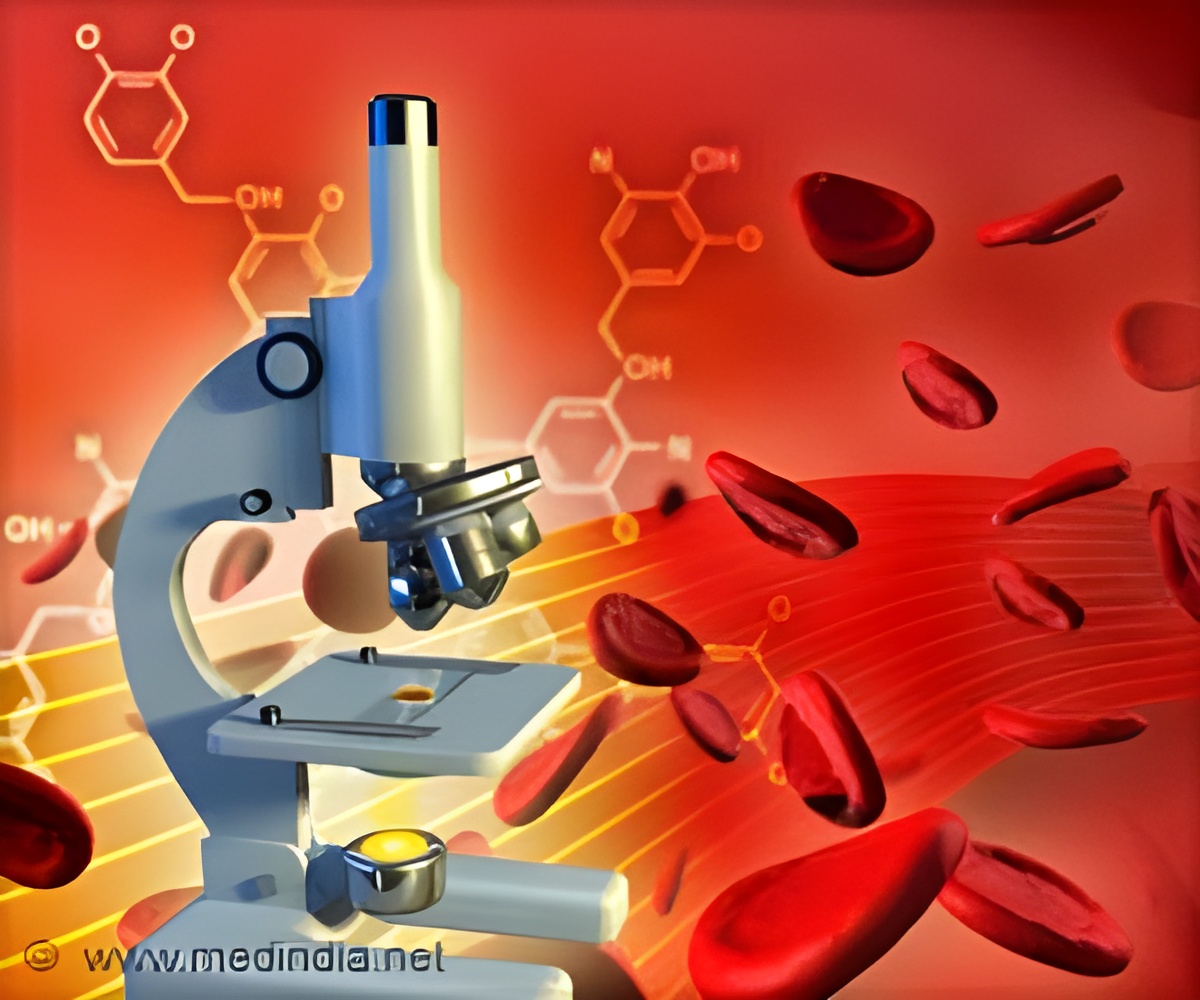Circulating tumor DNA(ctDNA) test accurately detects early-stage cancers in asymptomatic individuals.

Prospective validation study: a non-invasive circulating tumor DNA-based assay for simultaneous early detection of multiple cancers in asymptomatic adults
Go to source).
‘Did You Know?
65% of cancers detected by ctDNA testing were stage I or II. #cellfreeDNA #cancerdetection #medindia’





65% of cancers detected by ctDNA testing were stage I or II. #cellfreeDNA #cancerdetection #medindia’
Advertisement
Revolutionizing Early Detection
Current standard cancer screening techniques examine individual organs, but they can be both limited in accessibility and uncomfortable for patients. Through ctDNA analysis, the new test can identify various cancers at once by detecting tumor DNA fragments released into the bloodstream. The screening method successfully identified twelve different types of cancer, demonstrating high accuracy in detecting them across multiple early stages of development. Healthy people could use this test as a vital tool to discover hidden dangers despite feeling well.Advertisement
A Leap Forward in Precision Medicine
What makes this a unique method is its ability to provide specific results! The test establishes 82% sensitivity and 98% specificity accuracy that enables accurate cancer detection while preventing unnecessary concerns. Across all demographics, including age groups, gender, and cancer classifications, the test demonstrated positive results, thereby improving patient access to diagnostic solutions. Early disease detection is transforming from a luxury access to an essential part of personalized medical care that promotes fairness in healthcare services.Blending with Traditional Screening
The ctDNA test functions as an additional protective system that operates alongside current methods of cancer screening. This examination works as a safety measure to identify medical risks that conventional examinations like mammograms, colonoscopies, and CT scans may overlook. Combining these two screening methods offers the highest potential for early cancer detection, especially in individuals who exhibit no symptoms.Beyond its clinical contributions, this study offers a powerful sense of hope for the future. A non-invasive blood test that screens for multiple cancers holds the potential to revolutionize prevention strategies, as early diagnosis continues to be the most time-tested and effective approach to improving survival rates. We continue to approach an era that will protect lives not through treatment but by precise awareness timing.
- Prospective validation study: a non-invasive circulating tumor DNA-based assay for simultaneous early detection of multiple cancers in asymptomatic adults - (https://pmc.ncbi.nlm.nih.gov/articles/PMC11827191/#Sec1)
Source-University of Medicine and Pharmacy













